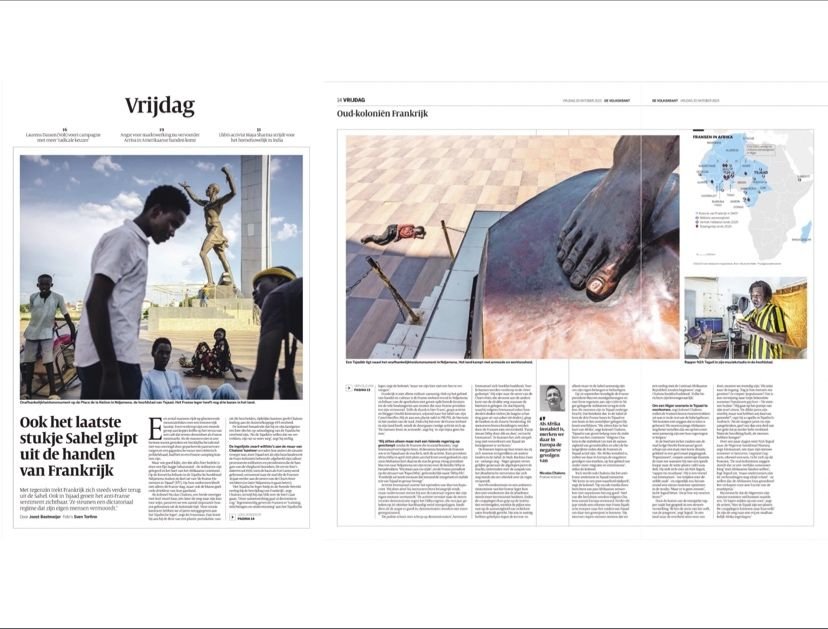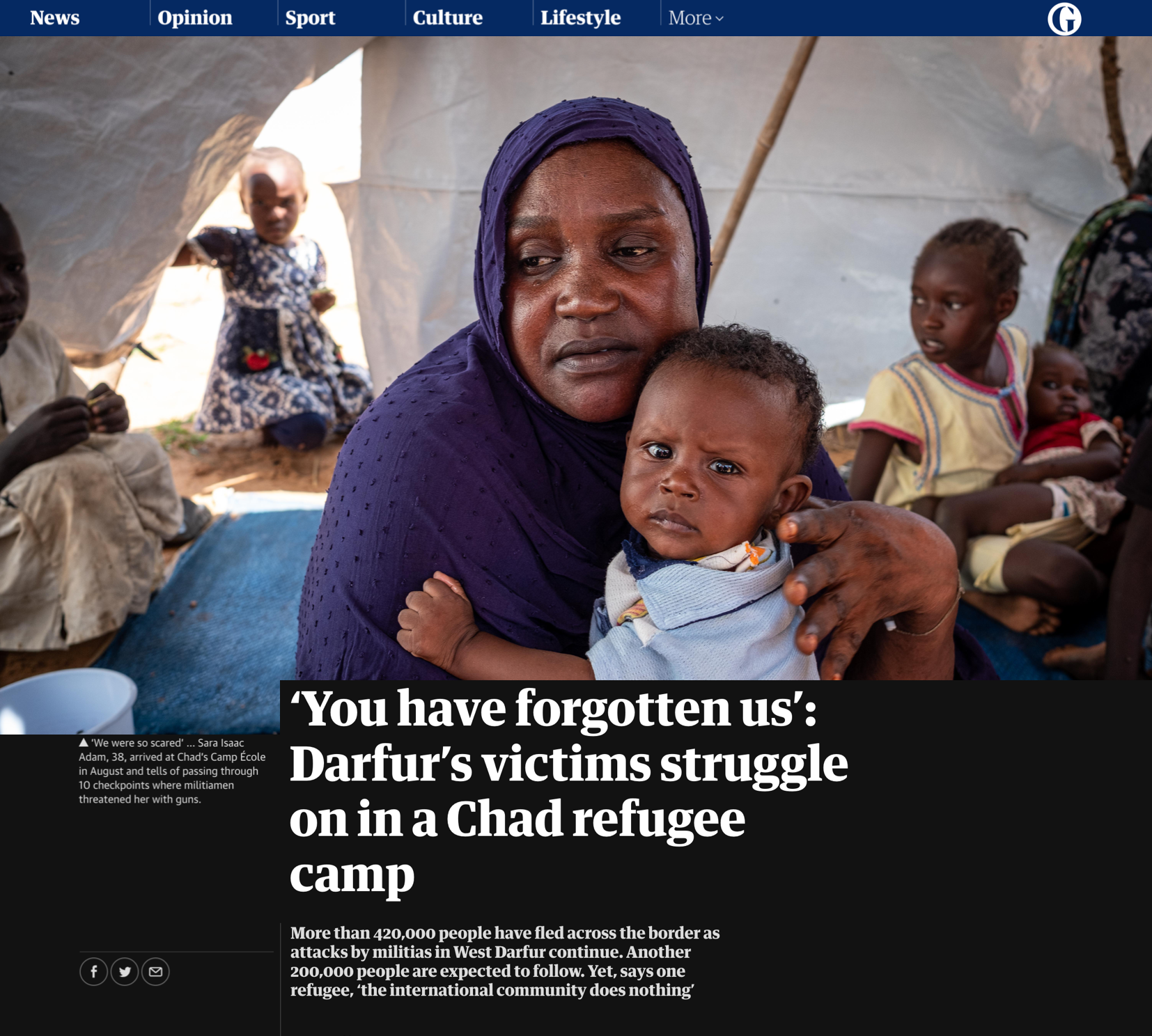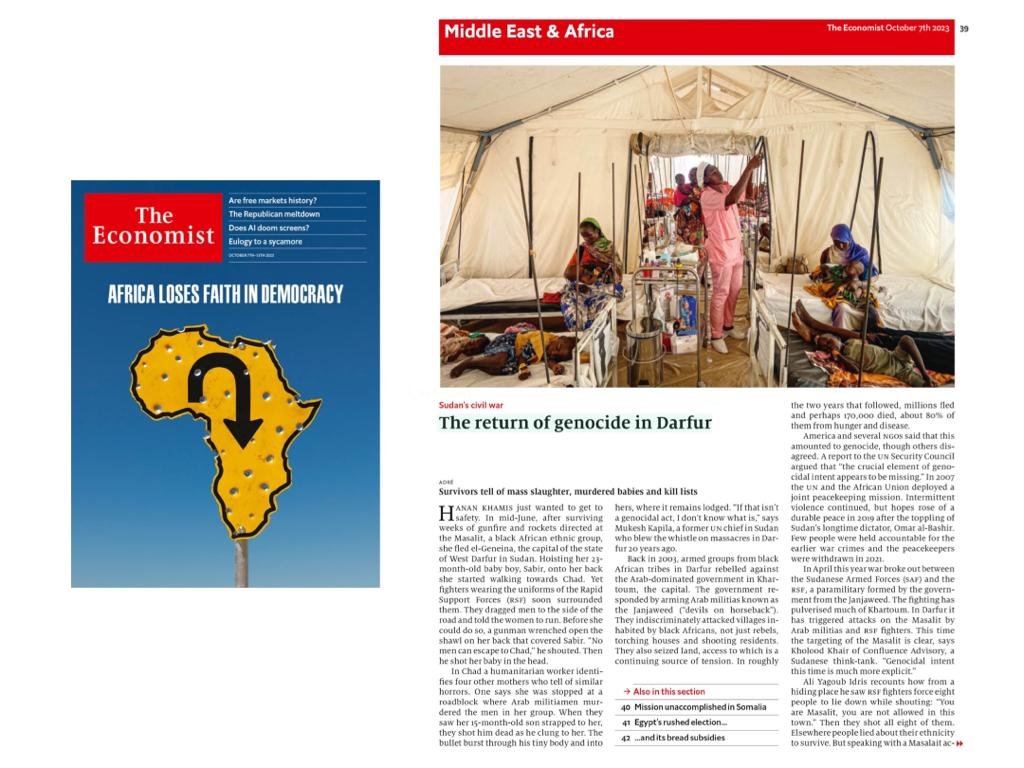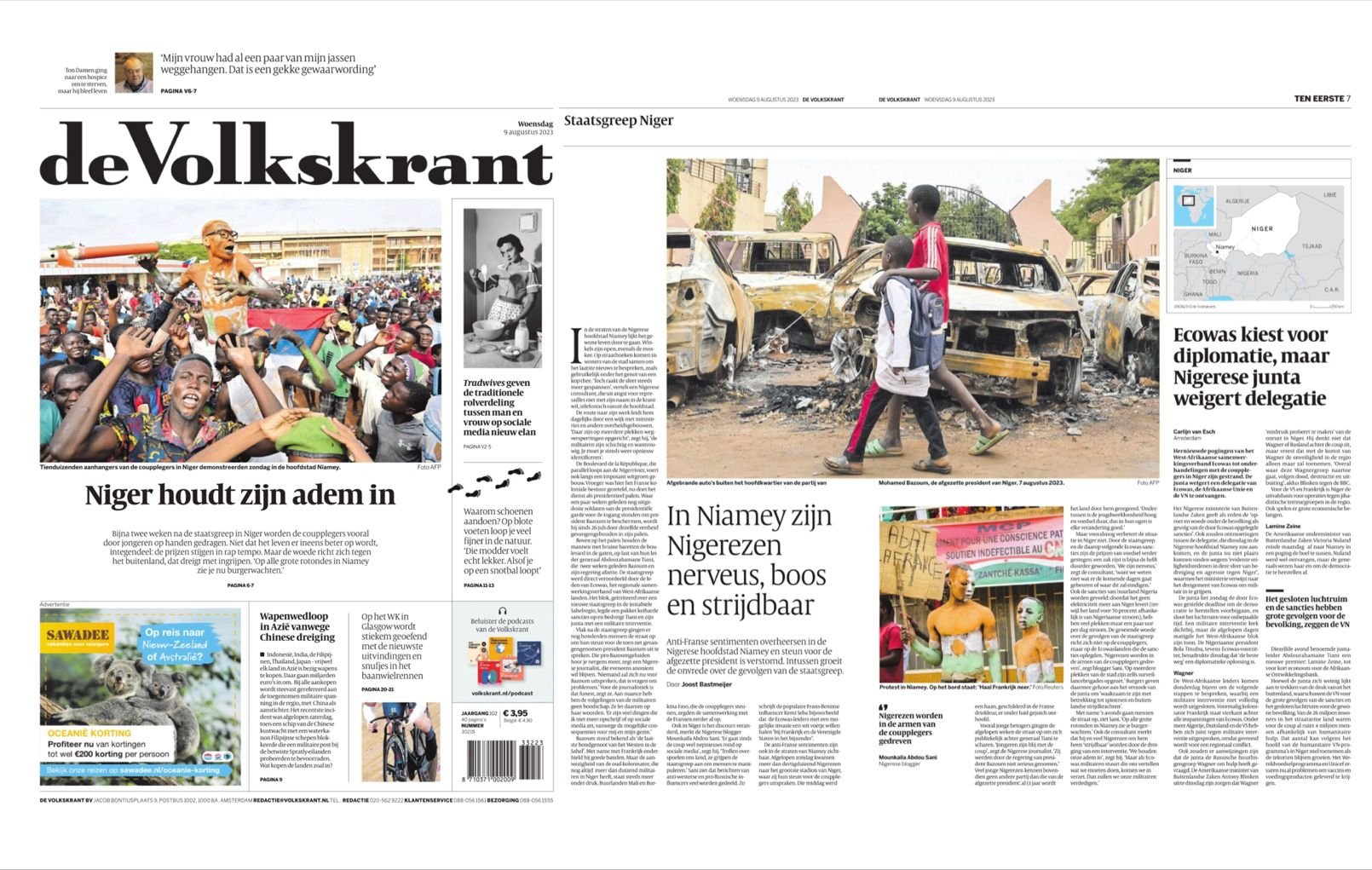A wooden boat with more than 100 people on board drifted at sea for more than a month. 38 men, women and children were rescued, at least 60 people died from hunger and thirst. Almost all those on board came from the Senegalese fishing village of Fass Boye. “Everyone here knows someone who was on that boat.”
“One of the survivors said he saw my son in the hospital,” says Arona Boye. He is convinced that his son Pape is still alive, he does not want to hear any condolences. Half an hour later the bad news arrives: Pape's body has been found.
The boat was supposed to go to the Canary Islands, but got into trouble. Maryam's son also did not survive the journey. She fights back tears. “Allah has sent him to help his parents, so all we have to do is remain patient and gentle.”
Ibrahim Sarr's phone is full of messages. Photos and videos show the men, women and children who survived the shipwreck. His son is one of them. “Allah gives and takes,” he says, “but that does not mean that this disaster could have been prevented.”
Despite warnings from the community, Senegalese authorities did not search for the missing boat. If they had, those on board might still have been alive. The sadness and powerlessness turned into anger on Wednesday evening: government buildings were destroyed.
On the beach of Fass Boye there are hundreds of 'pirogues' like the one that left on July 10. 'España!' shout the boys hanging around the boats. Due to overfishing there are fewer and fewer fish in the sea, but men and women continue to leave to earn money for their families.
Meanwhile, the village's 'chef de village' is working overtime. “This is the fate of Fass Boye,” he says. “There is nothing left for us but to pray.”
The entire report that I wrote in Fass Boye is published in today’s Volkskrant (and here online).


























